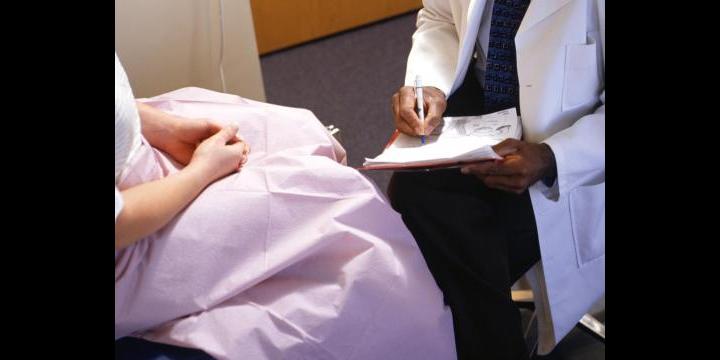em>By Kim Painter, Special for USA TODAY</em>Obstetricians and gynecologists want women to keep coming to them for annual exams, even though women are no longer advised to get yearly Pap tests to screen for cervical cancer.In new guidelines published Monday, the American College of Obstetricians and Gynecologists makes the case for an annual "well-woman" visit and continues to recommend annual pelvic exams for women older than age 21. But the doctors' group also says "no evidence supports or refutes," the value of the internal exam for finding signs of cancer or other problems in women with no symptoms. So the final decision is up to women and their doctors, the group says.<The guidelines come a few months after it, the American Cancer Society, the U.S. Preventive Services Task Force and several other groups said most women need a Pap smear only every three years, starting at age 21, and can get them even less frequently after age 30 if they also get tests for the cancer-causing human papillomavirus. Women with no history of problems can stop Pap tests at 65, the groups say.<But a Pap smear, in which cells are scraped from the cervix, is just part of a pelvic exam and a pelvic exam is just part of a preventive visit, the gynecologists' group says."Many women refer to going to see their gynecologist as going in for their Pap smear," says Gerald F. Joseph Jr., vice president of practice activities for the college. "But there are many other things involved."An annual visit can be used to check blood pressure and weight, update immunizations, counsel patients on healthy lifestyles, screen for sexually transmitted infections and other health problems, perform breast exams and build relationships between doctors and patients, the group says.But many experts now question the use of special annual appointments for such purposes, says Ateev Mehrotra, a professor at the University of Pittsburgh School of Medicine who has studied annual preventive visits to gynecologists and other doctors.In a study published in 2007, he found 17% of U.S. women, about 19 million, had a yearly preventive visit with a gynecologist, accounting for 26% of all visits to gynecologists. Average cost for each visit: $136."We estimate that about $8 billion a year is spent on preventive yearly physicals of all kinds," he says. "The question is whether we could spend those $8 billion more wisely." Studies do show people who get annual check-ups are more likely to get needed tests and other services, he says, but it may be more efficient for patients to get those services when they come in for other reasons or for computer systems to remind patients and doctors when they are needed.Judy Norsigian, executive director of Our Bodies Ourselves, a nonprofit group that publishes health advice for women, says: "I don't believe the value of the annual gynecological exam has ever been proven," and that there's no reason for women without abnormal bleeding or other problems to get pelvic exams every year.Yet Joseph says a woman of reproductive age benefits from building a relationship with a doctor who may do everything from treating vaginal infections to delivering babies to counseling on sexual difficulties.He says he does not expect the regular pelvic exam to disappear soon: "Many women are not going to feel comfortable unless they have the traditional pelvic exam they have grown up with, even though the studies don't show in general that it makes a huge difference to their health." He says "it's a ritual," and many women are reassured when a doctor finds no obvious abnormality, which is what usually happens.The exam, done with a speculum and a doctor's hand, does sometimes lead to the discovery of cancer or other problems, he says. But it also can lead to false alarms and unneeded follow-up tests or procedures, he says. Studies have not shown whether the benefits outweigh the risks, the group acknowledges.The guidelines say pelvic exams:• Are not recommended for girls and women younger than age 21 who have no symptoms. (Girls ages 13 to 15 are urged to come in for counseling and vaccines).• Are not needed to get a prescription for birth control pills.• Are not needed to screen for sexually transmitted infections, because urine samples and external vaginal swabs can be used.• Are always appropriate when patients have menstrual disorders, vaginal discharge, infertility, pelvic pain or menopausal problems such as abnormal bleeding or vaginal dryness.The group also recommends women have their breasts examined by a doctor every one to three years starting at age 20 and then every year after age 40. That's in line with recommendations from several other groups, though the U.S. Preventive Services Task Force says evidence for such exams is unclear.<
New OB/GYN guidelines urge annual wellness visits
Obstetricians and gynecologists want women to keep coming to them forannual exams, even though women are no longer advised to get yearly Paptests to screen for cervical cancer.


